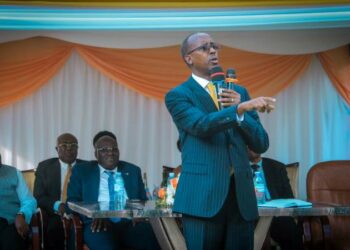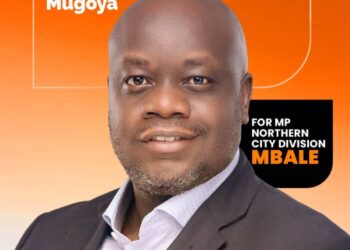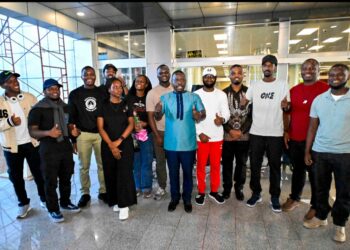The burial of Hon. Muhammad Ssegirinya revealed the main opposition group in Uganda’s terrible political sense, lack of unity, and disrespect for others.
There are clear guidelines for how an MP should be buried, but Hon. Ssegirinya was not given the dignified funeral that the parliament had planned.
Political ideologies give people a framework for comprehending the world and laying out ways to solve problems in society. They offer a clear roadmap for addressing issues and shaping policy.
Strong ideologies inspire trust in voters. They demonstrate a commitment to principles and provide clarity and direction for political actions.
The NRM Government managed to win the hearts of the public in 1986 by having clear and well-defined political ideologies with solutions to the problems that the public was facing at that time.
It is very unfortunate that today, we observe many opposition leaders offering general statements about change without presenting specific policy proposals or concrete plans for implementation.
Their vision often lacks depth and detail, failing to address complex challenges with comprehensive solutions.
Instead of engaging in nuanced discussions, they often resort to oversimplifying issues and appealing to emotions, rather than presenting well-researched arguments.
Their rhetoric can be divisive, fueling anger and frustration, and ultimately hindering productive dialogue and collaboration.
Instead of promoting unity and shared values, they often exploit social divisions and cater to specific identity groups to gain political support.
They focus on what is popular rather than what is right, sacrificing principle for short-term political gains.
Opposition leaders often lack concrete policy proposals and fail to offer constructive alternatives, weakening their credibility and effectiveness.
They focus on criticizing existing policies without proposing well-defined solutions, leaving voters uncertain about their vision for improvement.
Instead of engaging in substantive debates on policy, they resort to attacking their opponents’ character and motives, reducing the political discourse to a mudslinging contest.
This style of campaigning erodes public trust in political leaders and discourages informed participation in the democratic process.
Many opposition leaders fail to acknowledge and address emerging economic, social, and technological challenges, undermining their relevance in a rapidly evolving world.
They often cling to outdated ideologies and policies, neglecting to propose innovative solutions to address the concerns of a modern electorate.
Opposition leaders should prioritize presenting concrete policy proposals with detailed plans for implementation, offering a clear vision for change.
Instead of simply criticizing existing policies, they should offer well-defined alternatives that address the root causes of problems and build a better future.
By focusing on principled leadership, constructive criticism, and innovative solutions, opposition leaders can regain public trust and effectively advocate for change. This is essential for strengthening democratic institutions and promoting responsible governance.
Do you have a story in your community or an opinion to share with us: Email us at editorial@watchdoguganda.com













